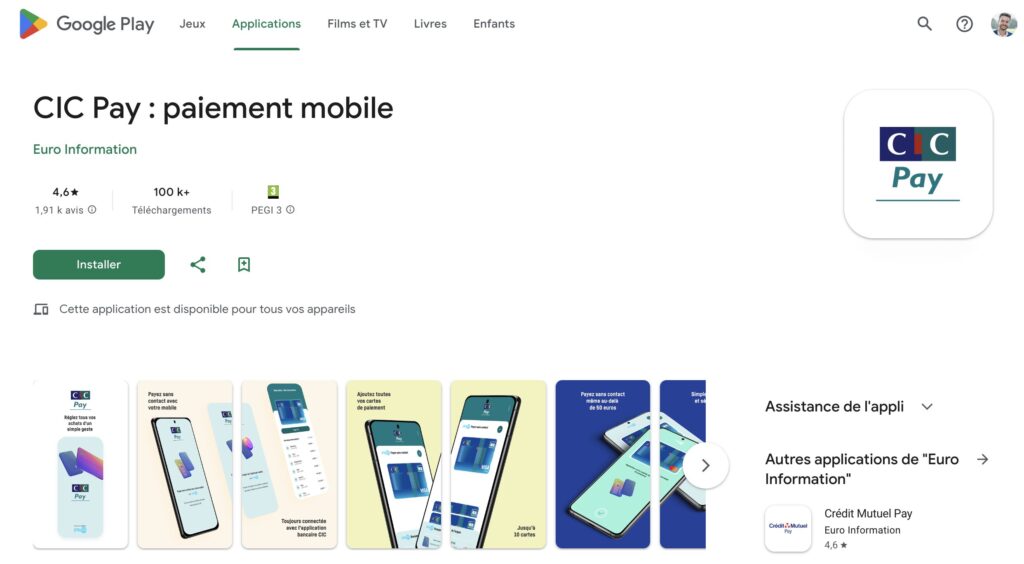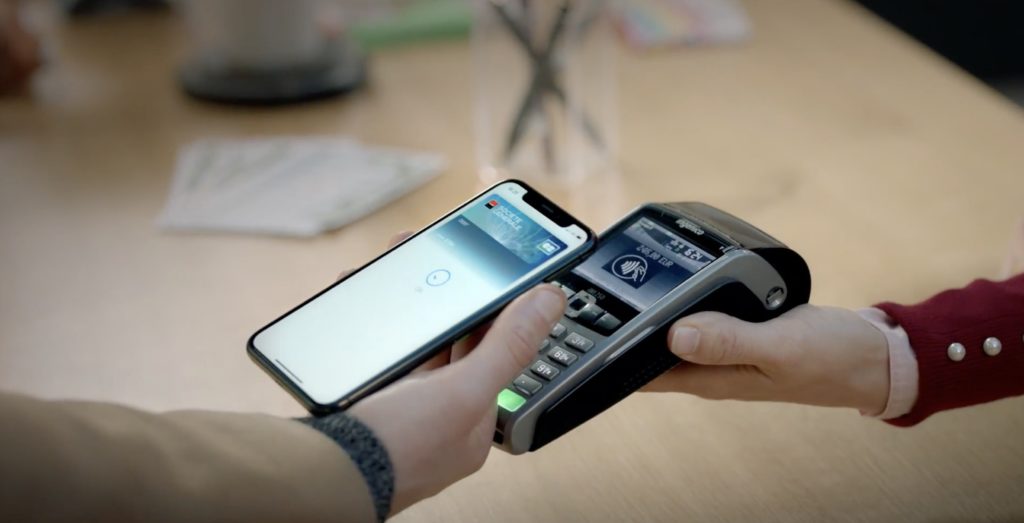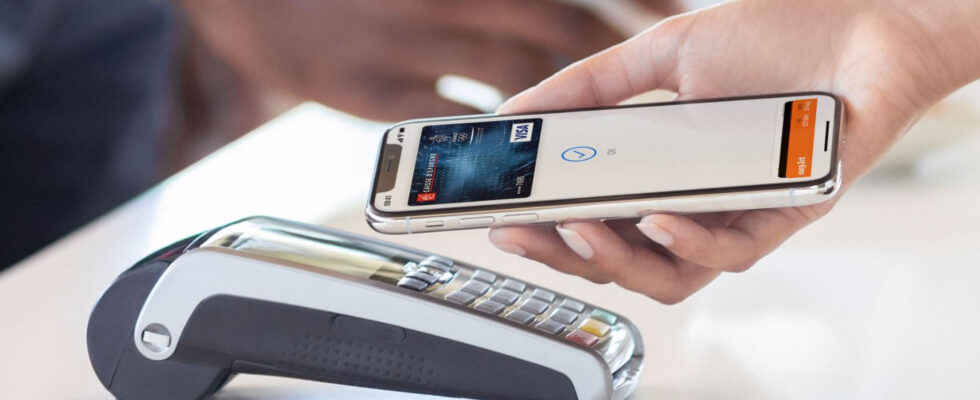Under pressure from the European Commission, Apple will open the NFC chip in iPhones to banking applications. Concretely, this means that CIC, Société Générale or BNP Paribas can now launch their own payment applications, without any link with Apple.
When it comes to mobile payment, France is one of the good students. Almost a quarter of French people have already used their smartphones to pay, while contactless payment is already widely adopted. Even more interesting, Apple explained to Numerama in November 2023 that 98% of French cards are compatible with Apple Pay, which is much more than in most countries. Only a few professional cards and a few banks are missing in 2024.
From March 6, 2024, Apple will allow banks to develop their own mobile payment applications, upon request from the European Commission. The Digital Markets Act imposes a non-monopoly on payment services. The risk for the iOS ecosystem is a total fragmentation of services, while Apple Pay crushes all its Android competitors thanks to its accessibility.
Who wants to pay with Paylib on iPhone?
Today, to pay contactlessly with an iPhone, there is no other solution than Apple Pay. Although criticized during the French launch of the service in 2016, Apple’s strategy has proven extremely effective. By making Apple Pay a competitive advantage, the brand convinced almost all French banks to adopt the service (and promote it). The expression “do you take Apple Pay? » has become commonplace, while competing services are much less known in France.
On Android, the situation is different. Google offers its own Google Pay service in the Google Wallet application, but giants like Samsung are blocking its path with their own solutions (Samsung Pay, Fitbit Pay, etc.). The reality is that these applications are quite insignificant, due to a lack of compatible banks. To pay with your CIC card, you must, for example, install “CIC Pay: mobile payment” on the Google Play Store. Most banks have their own payment application, while others rely on Paylib or Lyf Pay to authorize NFC payment. Obviously, these applications are less integrated into the operating system than Google Pay. They also do not allow you to pay online.

Let’s be honest, even if no monopoly is desirable, Apple Pay would not be compatible with 98% of French payment cards if Apple had not imposed its service on iPhone. The Android ecosystem is proof that openness is sometimes not beneficial to users, since it creates fragmentation. It is unlikely that a regular Apple Pay user will complain about the service or want to change payment applications, unless they are forced to do so.
Why could banks abandon Apple Pay?
Apple Pay is popular, so why abandon it? For more control, definitely. Apple Pay creates a virtual card associated with your bank account and does not collect any data about your payments. Apple learns nothing about your habits, the bank only uses traditional information, which limits its profiling capabilities.
With its own application, a bank will be able to do what it wants with your consumption habits (possibly by offering you loyalty cards and discounts, to better personalize the experience). Obviously, French banks also have an interest in encouraging you to download their own applications to no longer pay commission to Apple, since Apple takes a percentage on interchange, aka the money that a bank receives during a transaction.


Since 2016, French banks have regularly complained about the conditions imposed by Apple (while Google, for example, asks nothing of them). For them, the hour of revenge has come. A movement could occur quickly, as soon as a bank has the courage to be the first to announce the termination of its contract with Apple.
Let’s be clear, our problem is not the existence of competing solutions to Apple Pay. What worries us is the disappearance of one of the most complete services in Europe, if the banks decided to replace it entirely. Mobile payment in Europe would only be weaker.
If you liked this article, you will like the following: don’t miss them by subscribing to Numerama on Google News.
